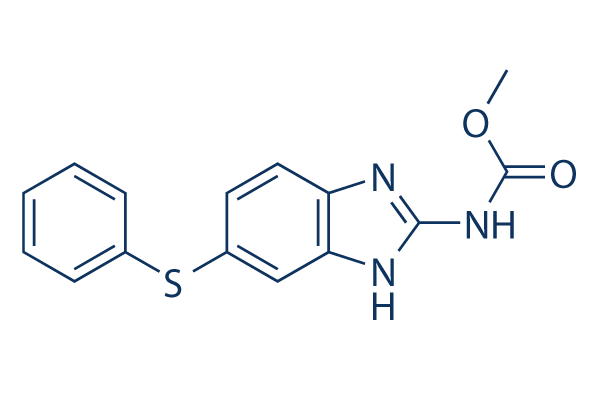Fenbendazole (commonly referred to as Fenben or Panacur) – is a benzimidazole-based anthelmintic medication. Since its discovery in 1974, it has been extensively utilized all over the globe.
Fenbendazole and other anti-cancer drugs have been shown to have a significant impact during the last several decades.
Some speculated that this licensed dog dewormer may be used as a supplemental anti-cancer treatment because of these findings. Benzimidazole class medications, such as taxols and vinca alkaloids, may function in a similar way to a large spectrum of contemporary chemotherapy treatments. (Ref.) However, fenbendazole seems to be being tolerated in humans following oral exposure, based on the existing toxicological data.
Normally, fenbendazole is found in powder form, with a white hue and little water solubility.
Reabsorption in the digestive system is poor with this drug. It is possible to enhance bioavailability by ingesting food in the digestive tract.
How does fenbendazole work?
At its core, the anti-parasite drug fenbendazole was developed to prevent parasites from forming microtubules by attaching them to the tubulin molecule. This halts tubulin dimer polymerization in parasite cells, resulting in parasite apoptosis.
Although fenbendazole and other benzimidazoles seem to have a comparable impact on tumor cells, this is surprising. Fenbendazole is expected to have three primary modes of action in the fight against cancer:
2) Inducing apoptosis. The anti-tumor effect is thought to be due to the drug’s interaction with -tubulin, which results in cell cycle inhibition and cytotoxicity.
Benzimidazole carbamates have been shown to inhibit the polymerization of tubulin into microtubules in helminths and human tumor cells.
2) Cancer cells’ ability to take up glucose is inhibited. Glucose absorption by malignant cells is very high. Due to aerobic glycolysis, cancer cells use glucose 200 times quicker than usual cells (Warburg effect). In PET scans, the metabolically active areas, which utilize more radioactive glucose, may be readily observed and are often assumed to represent malignant tumors or sites of inflammation. This can be seen.
Fenbendazole reduces the number of GLUT carriers (canals that carry glucose into the cancer cells from the blood) and the enzyme Hexokinase II, which reduces the ability of cancer cells to use sugar as a source of energy. Furthermore, the latter is crucial for cancer cell survival, since it aids tumor growth by producing more sugar and promoting lactic acidosis in the extracellular matrix.
The reactivation of the protein p53 also inhibits cancer’s ability to produce fuel. P53 regulates the production and activity of GLUT1 and GLUT4 transporters (, “glucose gates”) in the cell after they are back on the right path.
3) The p53 gene is reactivated. This working mechanism is still debatable, and additional research is needed to demonstrate that fenben is the source of this activity.
However, a growing number of research are confirming that fenbendazole may enhance the greatest tumor suppressor in our bodies.
Elephants contain 20 copies of the p53 gene in their DNA, while humans only have one. That may explain why elephants are less likely than people to get cancer. Even though these organisms have a large body dimension, a large number of cells, and a great number of possible genetic mutations, they have a small number of genetic mutations.
4) Fenbendazole does not cause cancer cells to acquire chemoresistance. What’s more, cancer cells are unable to adjust to the presence of this de-wormer medicine. Unfortunately, much additional chemotherapy and biological treatment medicines are affected in the same way.
Chemoresistance is caused by cancer cells adapting to excrete drugs from themselves via P-glycoproteins, which are unique drug efflux pumps. Because fenbendazole isn’t a p-glycoprotein target, it can’t get out of cancer cells once it’s inside.
As a result, unlike paclitaxel, docetaxel, vinblastine, vincristine, and other chemotherapies, tumors do not acquire resistance to fenbendazole, and the drug stays effective and may destroy cancer cells.
5) Fenbendazole may make tumors more susceptible to radiation. Fenbendazole, like chemotherapeutic medicines from the taxane group, may make tumours more sensitive to radiation.
Fenbendazole is a moderately effective microtubule destabilizer that promotes cancer cell death.
Visit our website: https://www.fenbenlab.com/product/fenbendazole-powder/

